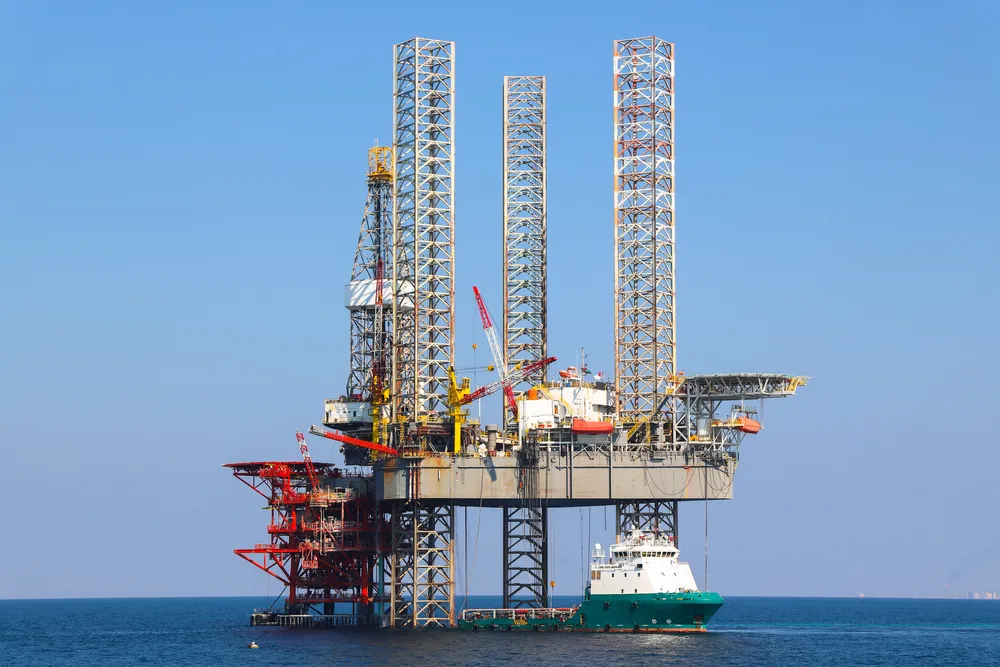Practical Reservoir Engineering Course
Introduction:
This Practical Reservoir Engineering course is designed for individuals looking to deepen their understanding of petroleum reservoir engineering. It provides a clear comprehension of real-life techniques used to enhance the recovery of oil and gas.
The course covers various aspects of reservoir engineering, from the inception of the reservoir to primary and enhanced oil recovery developments. Key subjects include reservoir simulation and enhanced oil recovery modeling, emphasizing principles and practices in petroleum reservoir engineering.
Objectives:
By the end of this Practical Reservoir Engineering course, participants will:
- Understand different hydrocarbon recovery methods.
- Estimate in-situ oil using various assumptions.
- Interpret well-test results and evaluate inflow performance.
- Practice PetroSkills applied reservoir engineering simulations.
- Classify recovery methods into primary, secondary, and tertiary.
- Execute material balance and volumetric approaches in reserves assessment.
- Analyze pressure transient test results for reservoir modeling.
- Assess reservoir performance using decline curve techniques.
- Develop recovery programs utilizing results from reservoir simulations.
- Implement water flooding and gas injection methods for enhanced recovery.
- Address challenges related to reservoir heterogeneity and fluid behavior.
- Incorporate uncertainty into reservoir management decisions.
- Utilize commercially available software for reservoir engineering tasks.
- Navigate regulatory requirements and environmental considerations in reservoir operations.
Training Methodology:
- Interactive workshops
- Hands-on simulations
- Case studies
- Group discussions
- Software applications
- Q&A sessions
- Engaging activities
- Project-based learning
Course Outline:
Unit 1: Reservoir Engineering Fundamentals
- The Reservoir Life Cycle and its significance in oil and gas reservoir engineering.
- Various Reservoir Drive Mechanisms.
- The Ultimate Recovery Factor of the Reservoir.
- Wettability & Relative Permeability in recovery processes.
- The influence of Capillary Pressure on hydrocarbon movement.
- Reservoir Fluid Properties and their effect on recovery.
Unit 2: Oil Recovery Methods
- Primary Recovery methods and their relevance.
- Perspectives on Secondary Recovery.
- Flooding Patterns and their effectiveness.
- Factors influencing Water Flooding Efficiency.
- Other oil recovery processes to enhance production.
Unit 3: Original Hydrocarbon in Place Determination
- The Volumetric Method.
- The Material Balance technique in Line Evaluation.
- Case Studies and practical examples.
- The role of Decline Curve Analysis in reservoir processes.
Unit 4: Well Testing and Inflow Performance
- Oil and Gas Well Testing: objectives, importance, and types.
- Test Input/Output Data and Diffusivity Equation computations.
- Hands-on application of Nodal Analysis for production enhancement.
- Constructing Inflow/Outflow curves for performance optimization.
- Practical case studies involving Nodal Analysis.
Unit 5: Introduction to Reservoir Simulation
- The concept and importance of Reservoir Simulation in petroleum engineering.
- Compressible and incompressible fluid simulators.
- Elements of the Reservoir Simulation Model.
- Input Data requirements for effective simulation.
- Procedures for conducting simulation models efficiently.
Conclusion:
This course on reservoir engineering is specifically tailored for oil and gas engineers, providing both hands-on and theoretical knowledge relevant to the industry. Participants will become familiar with advanced methods in reservoir engineering, including modern software and best practices in applied petroleum reservoir engineering.


















